Video
Article by Forbidden Stories
November 2, 2020 7:00 am
Today is the international day to end impunity for crimes against journalists. Killing the journalist won’t kill the story. We are continuing the work of threatened or murdered journalists. Filipino-American journalist and TIME's Person of the year 2018 Maria Ressa (Rappler), Indian investigative journalist Sandhya Ravishankar (The Lede), and Matthew Caruana Galizia, son of slain Maltese journalist Daphne Caruana Galizia, remind us why collaboration is critical in order to fight back against impunity. Their words are essential.
MARIA RESSA – Filipino-American journalist, CEO of Rappler. TIME‘s Person of the year 2018
Why, to you, is it important to continue to publish the work of journalists who are killed or threatened around the world?
“There’s a reason why journalists are threatened. Power doesn’t want to be held to account. They want it to stay in darkness. All they want in killing a journalist, or in attacking a journalist, is to stop the story.
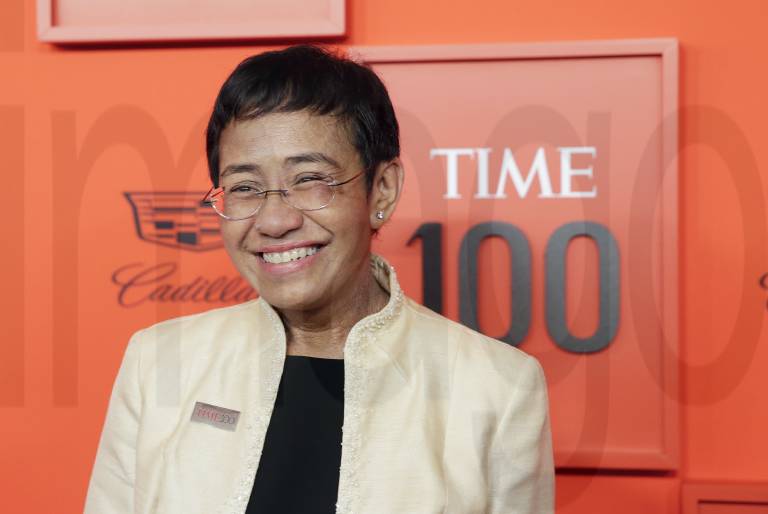
The most effective way to deal with both attacks on social media and the kind of draconian policies that are coming now to prevent journalists from doing their jobs is to fight it together. I guess to think about it like a many headed hydra, I guess: You stop the story today, it will come back again tomorrow.”
When you do publish these stories, despite the threats, despite the killings, what signal does this send to the enemies of press freedom?
“As we face the attacks that are coming against us, we keep doing our jobs. And I think that’s the best signal that we won’t stop, that democracy is important, that we will not voluntarily give up our rights.”
SANDHYA RAVISHANKAR – Indian investigative journalist, member of the Green Blood Project
Why are journalists a regular target?
“Journalists are a soft target because they are the messengers of truth that powerful people want to hide. And with crimes against journalists going increasingly unpunished, there is not much deterrent for more such crimes to be perpetrated.”
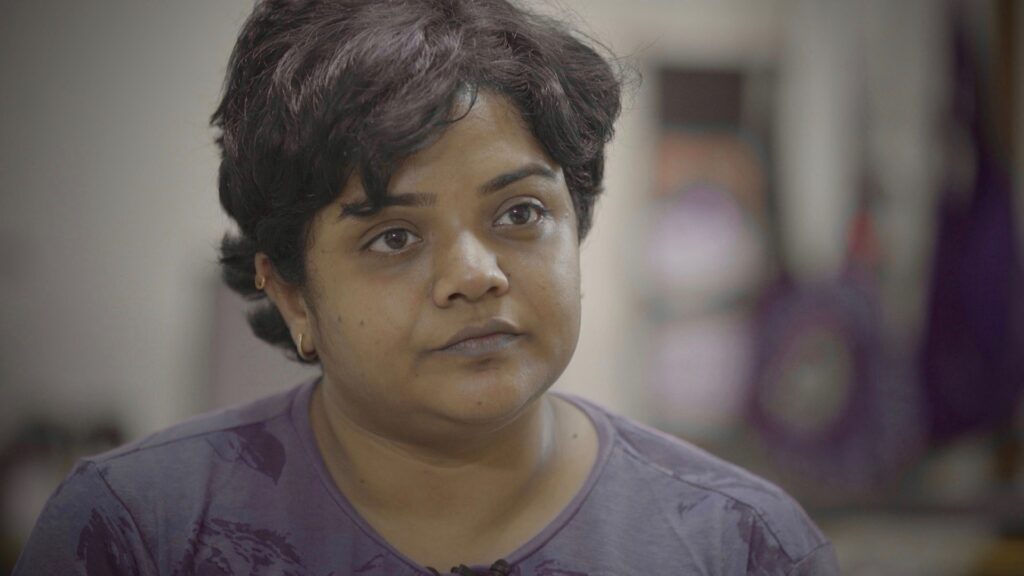
How do you personally manage to go over the threats?
“Personally I’ve dealt with anxiety issues due to the threats. Even though there are no overt threats today, it is tough to become the old self. I have found that the ‘new normal’ for me is to shy away from trusting anyone. How do I deal with threats? I make as much noise as possible and let a lot of people know that there is a threat. I have learnt over time to put my situation in writing to authorities and keep a record. I have continued to write and report because that’s the only way justice can be done and those who threaten me will be brought to book.”
When you do publish these stories, what message does this send to the enemies of press freedom?
“The first signal I think is to let them know that I am not afraid of speaking the truth. The second signal is that, no matter what you do, my work will go on because the story is much bigger than me. It is about justice and truth and the welfare of society and about corruption that is eating away at all of us. I truly believe that all of us are put on earth for a reason and we have a duty to uphold the truth in our chosen professions even at the risk of life and liberty. And if I get threats, that means I’m doing something right.”
MATTHEW CARUANA GALIZIA – Maltese investigative journalist Daphne Caruana Galizia’s son. She was assassinated in 2017
Why has it been important to continue to publish the work of your mother after her murder?
“My brothers and I knew instinctively that we couldn’t allow our mother’s stories to die with her. They were too important. For them to be forgotten would have been like killing her twice.”

They support us

Maria Ressa
2021 Nobel Peace Prize
“All they want in killing a journalist, or in attacking a journalist, is to stop the story.”

Can Dündar
Former editor of the Turkish newspaper Cumhuriyet
“It will send a very clear message to oppressive governments that if they touch a journalist anywhere in the world, many others will be ready to support and follow up their story.”
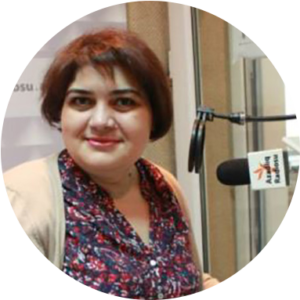
Khadija Ismayilova
Azerbajani investigative journalist
“What you are suggesting is creating a newsroom for journalists who have no press freedom. You will get fantastic stories.“
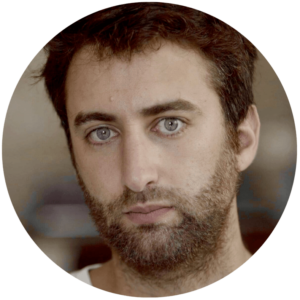
Matthew Caruana Galizia
Maltese journalist, son of slain reporter Daphne Caruana Galizia
“We couldn’t allow our mother’s stories to die with her. They were too important. For them to be forgotten would have been like killing her twice.“
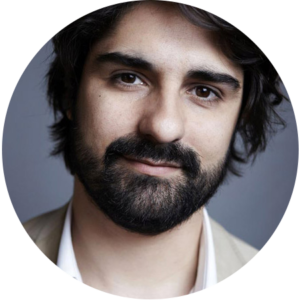
Fabrice Arfi
Mediapart‘s head of investigations
“The finest project of investigative journalism, in solidarity against censorship.“
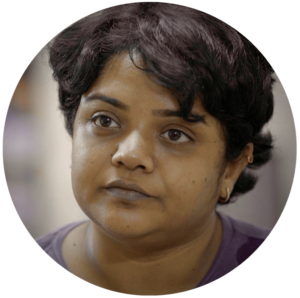
Sandhya Ravishankar
Indian journalist
“Now I know that Forbidden Stories will always have my back.”

Bastian Obermayer
2017 Pulitzer Prize winner
“Even if Forbidden Stories rescues just a handful of investigations that fall into a sort of limbo each time a journalist is jailed or killed, it will already be a great victory for citizens.”

Marina Walker
Executive editor at Pulitzer Center
“By working together, journalists can make it harder for censorship to win. We’re proud to support Forbidden Stories.”


